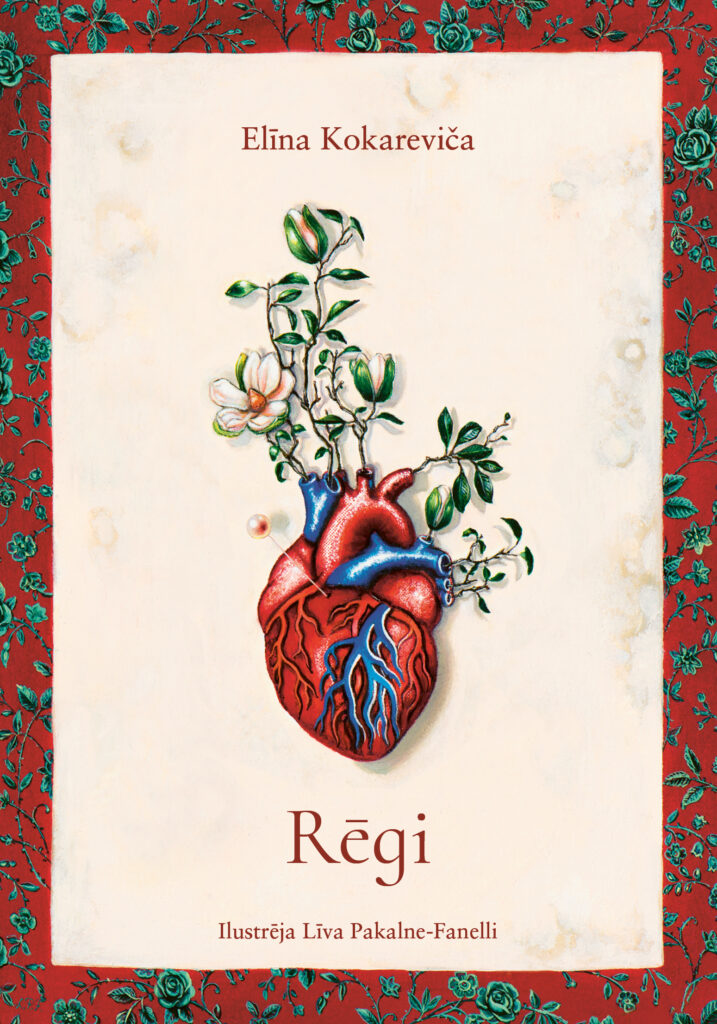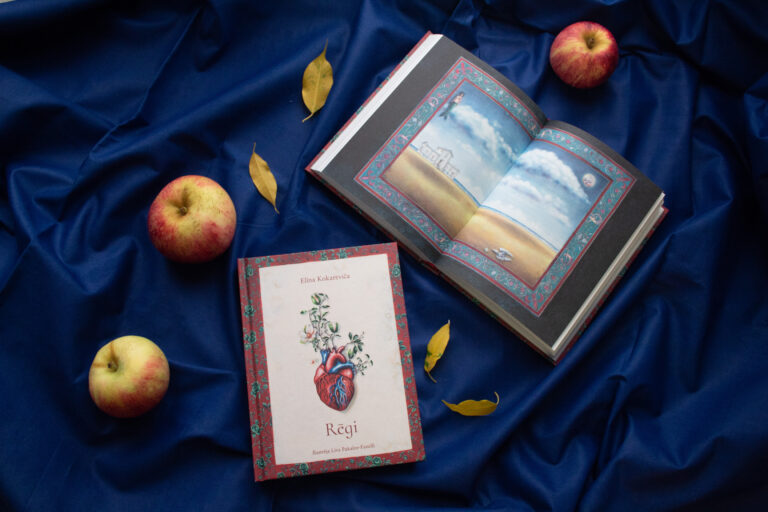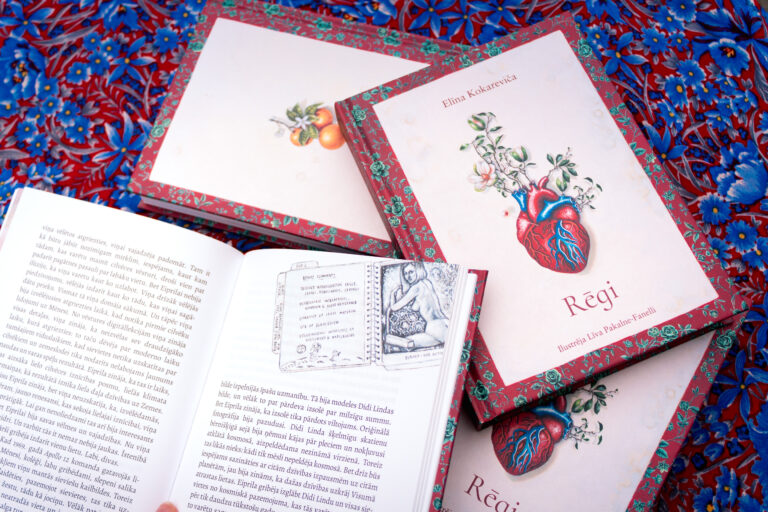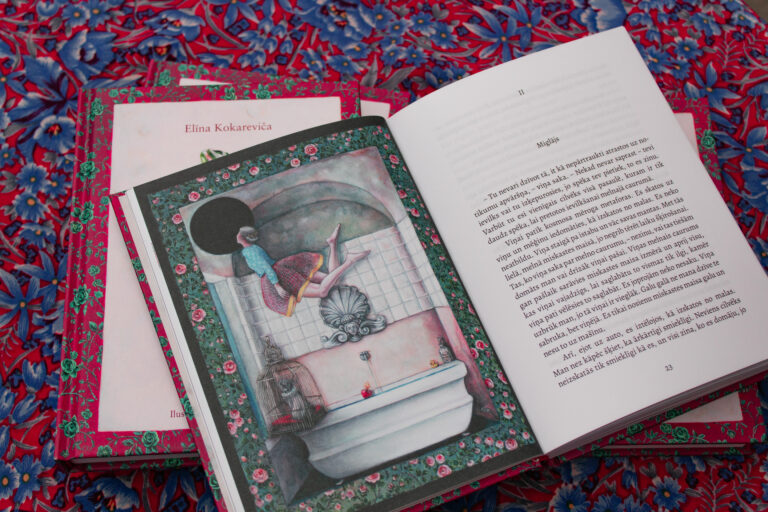Spectres

Combining a meditative style, features of magical realism and the inexhaustibility of the short story with a polyphonic worldview, the book creates unusual and high-quality prose that highlights specific ambience and characters. Due to the author’s balanced, calm and developed language, spectres rise to the surface. They are different personae which can be simultaneously present in both the real world and the literary universe.
The narrator (one or several) of the nine stories subjectively lays out the life they are hiding from others. But the stories are more about the emotions than the events of everyday life. Those emotions are felt by women when they are in a specific situation or when they face reality and other people. Perhaps a person can even be described as an embodied emotion? And what exactly are they facing? How can one not understand if the other is dead or alive? How is it possible to get rid of the skin? Why is the palace haunted? And how to become invisible? Answers depend on the reader as the book provides a wide space for thinking and making associations as well as engaging in developing compassion.
General information
Year of publication: 2021
Original title: Rēgi
Page count: 272
Original publisher: House of Languages (Valodu māja)
Original language of publication: Latvian
Translated excerpt
From the book
I had taken care of all the formalities, pocketed my inheritance, and sold the house. I’d made the decision to move to the city. It’s exactly what I’d wanted to do a good while ago, but just when I had begun to make actual plans, my parents died in a traffic accident. Everything changed, except the desire to move. That grew even stronger. Suburban life wasn’t bad, and I had lived it to the full, but the death of my parents had made life… Read more
Gallery



Photo: Elīza Bēniņa
Reviews
“It must be said immediately so that it is said and does not interfere with reading: this book as a debut is very lucky to have such an illustrator as Līva Pakalne-Fanelli and a bibliopegic execution. The densely illustrated book embeds itself well into the hands and eyes as well, the presence of characters, colours and the atmosphere excellently support the text, but it is the text I want to pay attention to. It is beautiful, amenable and calm, written with a good command of language, that does not brag about being self-servingly original, but from time to time makes you feel that nothing similar has been read in Latvian for a long time now.”
Ilmārs Šlāpins Magazine Rīgas Laiks
“Just like in the works of individual movie directors (Andrei Tarkovsky, Terrence Malick, etc.) it is possible to stop any sequence and to view it as artistically strong photography. Kokareviča’s sentences and paragraphs embody high-quality, intellectually enjoyable totality. Extremely concise and intensive text occurs in ‘Spectres’, but the narrative does not lose tension and dynamism for a moment, and it is a rare phenomenon in the works of contemporary prose authors [..].”
Arnis Koroševskis Punctummagazine.lv
“Nine stories. Stories which rub against one another. Scraping off clothes. Scraping off skin. Drilling out holes in bones. Laying eggs. Waiting for spring. [..] These are stories in which the succession of events that follows does not have any particular significance. The emotions that hide under each letter thrown in by a printing press have meaning. [..] What matters is that these nine stories untether in us emotions which we have hidden previously. Or of whose existence even we did not know…”
Arta Brice Austra.lv
Authors
Elīna Kokareviča (1986) studied literature at the University of Latvia. She even started her doctoral thesis on Latvian exile poet Juris Kronbergs (1946-2020), but her professional interest lies in book and text editing, book publishing and project management. She is the head of the board of the Language Museum Association. She has worked at the Latvian Ornithological Society and was one of the authors and editor of literary portal Ubisunt.lu.lv. The ‘Spectres’ collection of stories developed over a long period of time and is Elina’s literary debut.
Līva Pakalne-Fanelli (1982) is Latvian artist who has learned to paint both at art schools and through self-study. She now lives in Italy and paints intuitively. Every piece of her art is the result of something she has read, listened to, watched, remembered and felt as strong emotions. ‘Spectres’ is her second work of illustration.